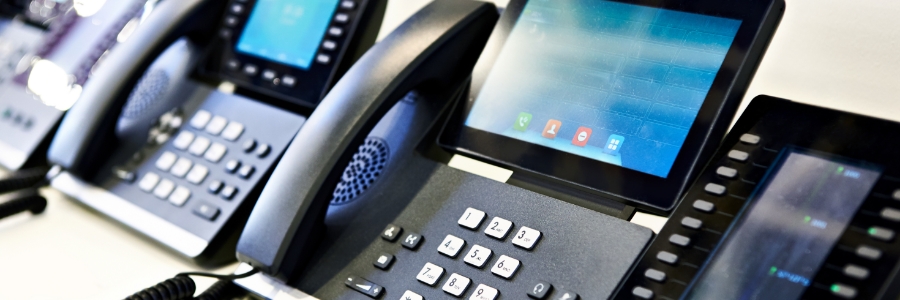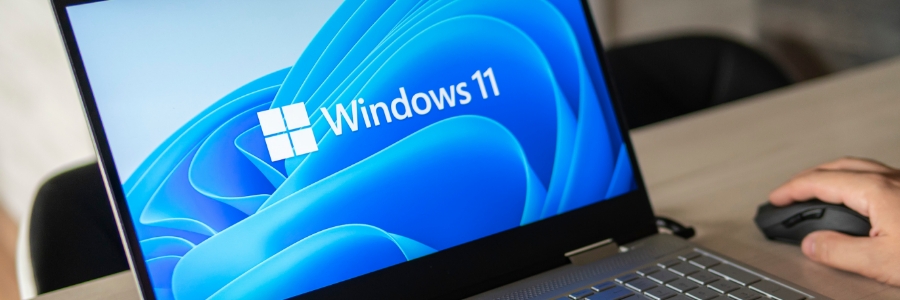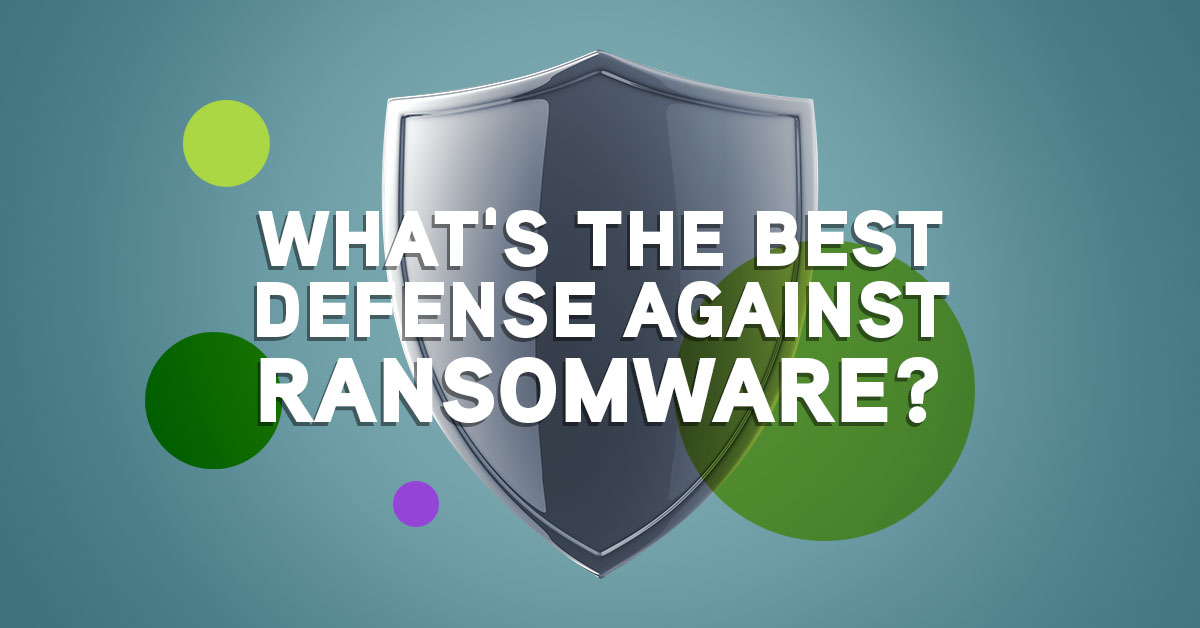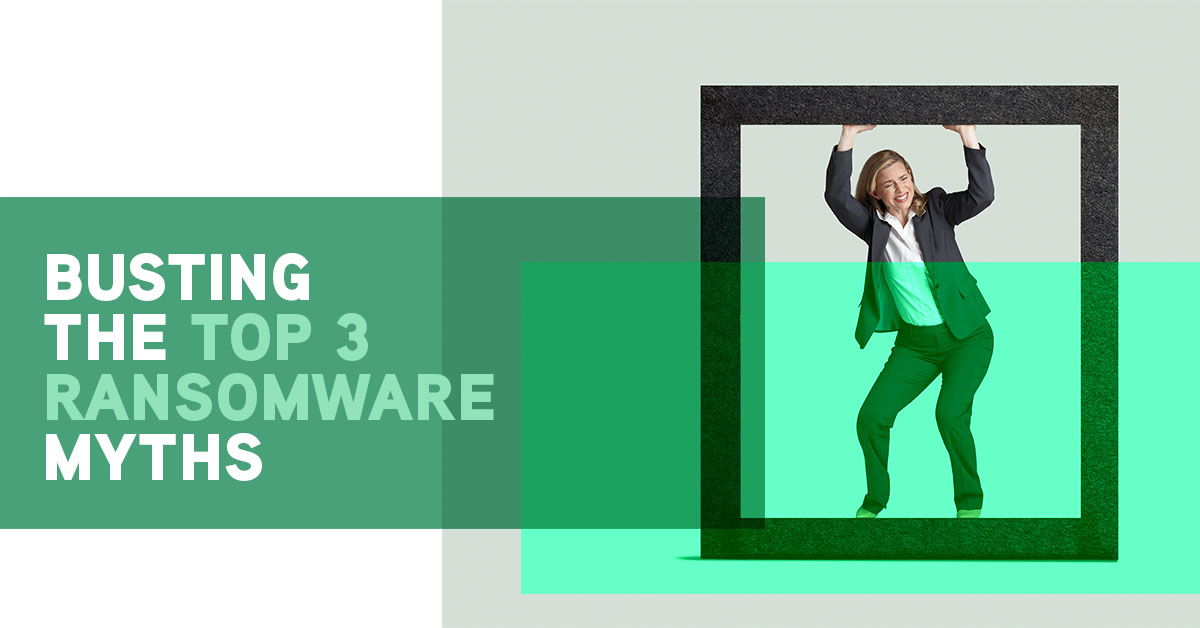No matter how much people hear “data safety,” they still can get sloppy about their cybersecurity. One of the reasons is that there are so many constant reminders that the warnings just become that much more background noise. Today, let's do a quick review of the one you hear most about ( and most likely to forget about) Passwords.
7 Cybersecurity basics to never forget
How to optimize Windows 11 after installation
The Best Defense Against Ransomware
It’s Time to Bust These 3 Ransomware Myths
The Importance of VoIP Quality of Service for business communication

Quality of Service (QoS) is crucial when selecting a Voice over Internet Protocol (VoIP) provider, as you may experience call quality issues even with a strong internet connection. These problems can be costly and time-consuming to resolve, potentially requiring the temporary shutdown of your communication system.
How Power BI empowers businesses’ decision-making
5 Seemingly Innocent Download Habits Your Employees Must STOP Now To Avoid A Ransomware Attack

Once upon a time, you could install antivirus software and go about your merry way online and in your inbox, opening, clicking and downloading files without a care.
Today, antivirus alone cannot and will not protect you, especially if you INVITE the hack by downloading a file that is infected with a piece of code designed to circumvent your security protocols.
The Biggest Risk Is Not The One You Don’t Take, But The One You Don’t See

“The biggest risk is the one you don’t take” is a mantra you’ll hear motivational speakers deliver in their presentations to make the argument that you should throw all caution to the wind and go for it (whatever “it” is).
And while that may be a good piece of advice to get someone to take action on an idea (and get the speaker applause at the end of their presentation), truly smart, experienced entrepreneurs and business executives NEVER throw “caution to the wind” and take wild risks.
How new technology can boost your business efficiency
3 Reasons not to bypass Windows 11’s TPM requirement

Microsoft released Windows 11 in October 2021. As of October 2022, only 15.44% of PCs around the world run the new operating system (OS); 71.29% are still using Windows 10. One possible reason for the slow adoption of the new OS is that Windows 11 would not install on devices that lack Trusted Platform Module (TPM) 2.0 chips.







